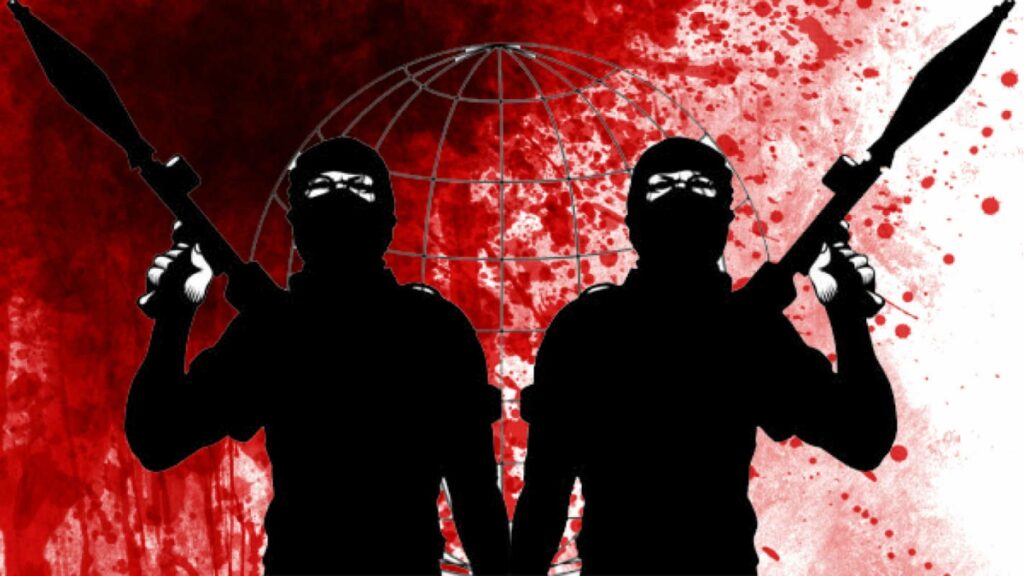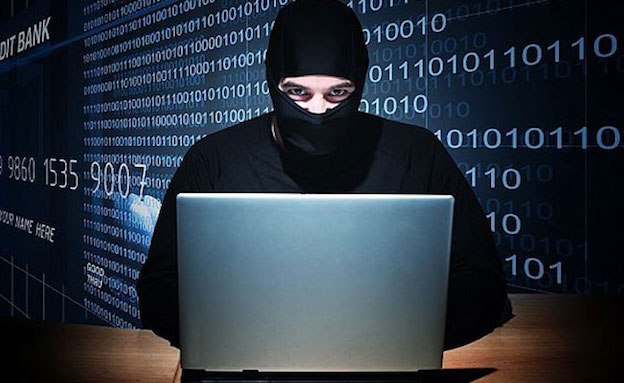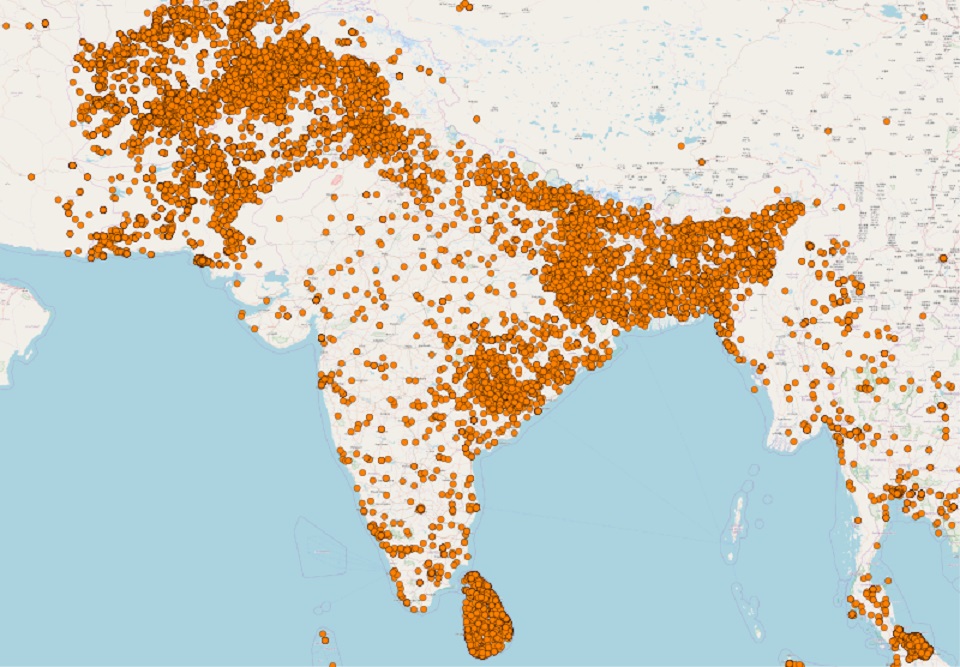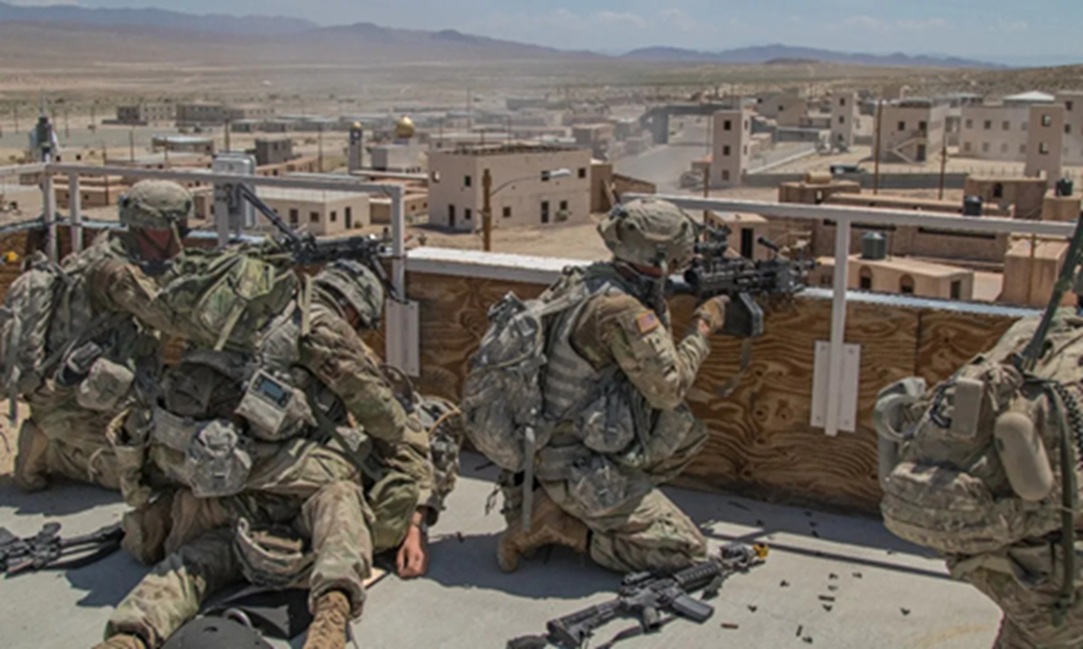India is today facing a series of challenges towards its internal security from both conventional and sub-conventional fronts. While it may be easier to handle conventional threats, it becomes increasingly difficult to counter enemies from within. These asymmetric forces often are faceless and manifest themselves through left-wing extremists and separatist groups as the case may be. The war against the scourge of Islamic terrorism is a long-drawn-out affair. The nation, therefore, needs to be adequately prepared to take on this menace.
Role of Non-State Actors
There are also non-state actors who often indulge in raising issues on religious and communal lines giving an opportunity to foment instability in the country. A recent trend that has been observed is the getting together of some insurgent groups for better coordination and gaining the necessary punch to make an impact. This is happening in the North-East with Manipur insurgent groups as also groups in Assam, Nagaland, Tripura and Meghalaya. North-East and Bengal are emerging as major jihadi corridors. Active involvement of Al-Qaeda affiliates, Jamaat-ul-Mujahideen Bangladesh and a few others have been observed in recent times.
Marked Upsurge in Radicalisation
The other area of concern is the State of Jammu and Kashmir, which is facing Islamic terrorism caused by the proxy war of Pakistan. A large number of youths in the valley are getting radicalized and could be of concern in times to come. In simple terms, radicalisation refers to the process of an individual’s transformation from a moderate, law-abiding citizen into an active, anti-state, violent extremist. According to the United Kingdom (UK) Home Office, radicalisation is ‘the process by which people come to support terrorism and violent extremism and, in some cases, then join terrorist groups.
Recent intelligence reports suggest that there has been a marked upsurge in radicalisation activities among members of the Muslim community in recent times, with the increased number of terrorist attacks, rise in the number of terror cells and modules exposed and busted by security forces as well as a proliferation of literature promoting radical Islamist ideas circulating across the country. Kashmir’s new militant group, The Resistance Front (TRF) — which J&K Police say is an offshoot of Pakistan based Lashkar-e-Taiba (LeT) — has kept security forces in the Valley on their toes.

The history of radical Islamist organisations, such as Student Islamic Movement of India (SIMI), Deendar Anjuman, Islamic Sevak Sangh (converted to People Democratic Front and later People Front of India), Indian Mujahideen and Muslim United Liberation of Assam, as well as Islamist militant organisations in J&K points to the fact that Islamic radical forces in the country have been operating for some time now.
Use of Cyber Space
Cyberspace is being extensively used in spreading misinformation and inciting hate on religious lines. Pakistan-backed terrorist groups are tech-savvy. There have been reports of LeT using Google Earth to understand locations in Mumbai before the terrorist attacks on the city in 2008. Unlike Kashmiri separatist groups and Pakistan-based jihadist mercenaries, ISIS— following its recent drubbing—runs its global movement entirely online.

Our lack of governance is also lending impetus to a resurgence of insurgency or militancy in the otherwise dormant areas of Punjab, Mizoram and Assam. The lack of development in these areas as well as not enough job opportunities being made available is turning the youth towards militancy.
The overlap of crime and terrorism presents significant challenges as it is always easy to manipulate anti-social elements and make them a part of the terror machinery. Narcoterrorism as it emerged in Latin America in the 1980s is a case in point, wherein, crime became an important factor in the evolution of terrorism.
Need for Effective Response Mechanism
What is important is the response mechanism to counter these threats. Today our security forces are dealing with internal security without a doctrine or a concept of operations. There is no unified command structure, wherein all the forces could be co-opted to ensure a seamless conflict management approach. There is a need to institutionalize the entire gamut of conflict management and ensure the best in the business form a part of it. The need of the hour is to use technology to get real-time information. The essence of success for any counter-terror operation hinges on intelligence. Instruments such as the Harm Risk Assessment Tool (HRAT), must be used to identify potential trouble spots/individuals. Digital mapping of these areas should be a prerequisite. We need to understand that the threat to internal security from Islamic terrorism is real and there to stay.
Recommended Options
There are not many options left now to tackle the ongoing threat of violent extremism and radicalisation in the subcontinent. The need of the hour is there for India to develop an effective indigenous counter-radicalisation programme and evolve strategic communications to disseminate political, liberal, religious and socially resonant and effective counter-narratives to combat the spread of jihadist radicalisation.
We would need specialised task forces and research wings in think tanks and relevant government departments to be developed, as well as competent personnel and facilities created for implementing the programmes in prisons, seminaries, schools, colleges. This kind of approach though much spoken about is rarely implemented on the ground.
The role of civil society in fighting the growing threat of radicalisation in the region would be very crucial. Its role could prove to be critical for governments in law enforcement, citizenship teaching, inter-faith dialogue, cohesion activities, language tuition, anti-discrimination projects, myth-busting, inter-communal housing and integration policies, improving educational attainment and mentoring and developing role models. A major thrust for these activities could be provided by our veterans from defence, police and civil services. This is a very vital human resource capital available in the country which unfortunately has not been fully exploited.
The need to develop appropriate and effective legislation and processes to bring extremist organisations of all denominations to the book, including those that spread hate, even if they do not openly engage in violent activities, is paramount. Such organisations often function as fronts or breeding grounds for raising radical cadres.
It is also recommended that instances of communal clashes and violence should not be taken lightly or dismissed as rare occurrences in our multi-religious, sectarian, casteist and ethnically diverse society. Serious thought must also be given to preventing a climate of mistrust, in times when transnational non-state actors are increasing their seditious activities in the country. The role of political leaders and of the intelligentsia would assume immense proportions if the issue of Islamic terrorism is required to be addressed with some degree of success.
Title image courtesy: Wikipedia
Disclaimer: The views and opinions expressed by the author do not necessarily reflect the views of the Government of India and Defence Research and Studies





